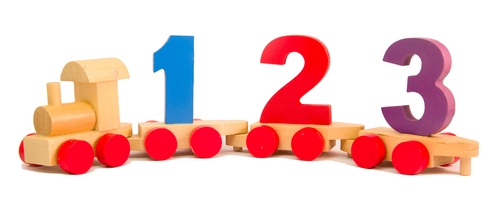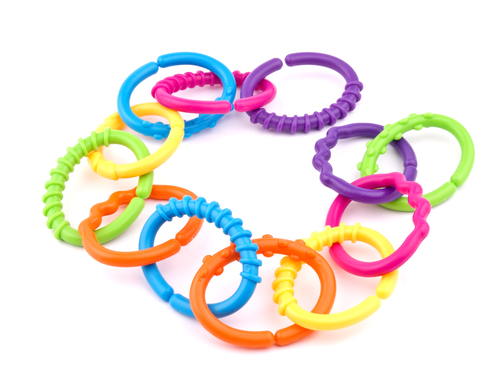PRINTED IN TCI WEEKLY NEWS
February 4, 2012
 One of the key points of healthy teeth is getting into good habits early. This way children will grow up always following the basic steps of good dental care and seeing their parents and siblings all following the same good practices.
One of the key points of healthy teeth is getting into good habits early. This way children will grow up always following the basic steps of good dental care and seeing their parents and siblings all following the same good practices.
It’s important to know that if you follow the correct steps, dental disease is largely preventable. And preventing dental disease means preventing dental pain, complex dental procedures or potential tooth loss for your child.
So, lets start at the beginning…..
Even before a baby has teeth there are certain good practices that should be followed. When bottle feeding infant formula, expressed breast milk or cooled, boiled water should be used. Sugar water, sweetened milk, chocolate milk or juice should not be given to an infant. These liquids are unsuitable both from the general health perspective of the child as well as a dental perspective. They also encourage a sweet tooth which means an infant will be more inclined to favor sweet drinks and food as they grow older.
An infant’s first tooth comes through at around 6 months. This is an average so if your child starts teething at 4 months or shows no sign of teeth at 10mths there is nothing to worry about. The first teeth are usually at the bottom.

Teething is a common cause of discomfort for a baby and can result in sleepless nights for both the baby and the parents. Babies who are teething may dribble excessively, be irritable and restless, have a raised temperature or have a red or slightly swollen face. If your baby is unwell for any length of time, or shows more severe symptoms such as stomach upset, it is advisable to take them to see a doctor.
If you baby is teething, you can help by

• giving your baby something hard to bite on, eg. a teething ring (some can be chilled in the fridge)
• massaging the gums with a clean finger
• using teething gel which helps to gently sooth the pain
• using sugar-free, acetaminophen (Tylenol) or ibuprofen (Motrin) to help the pain (always follow the manufacturers instructions or consult with your dentist or pharmacist)
When the teeth are through it is important to limit the amount of time that they are in contact with any liquid that can cause tooth decay (this includes milk). Prolonged and frequent contact of sweet liquids from a bottle can cause what is known as ‘bottle caries’. This is dental decay identified specifically in young children caused by the sugary liquids drunk from a bottle damaging the enamel on the tooth surface. This is particularly likely if a baby is in the habit of going to sleep with a bottle in his/ her mouth. If your baby does this, encourage them to take a pacifier instead. (Do not dip it in anything sweet.)
As the parent you should start brushing a baby’s teeth daily as soon as they are fully through. Use a small, soft tooth brush and a small amount of a suitable fluoride toothpaste.
 A child’s first trip to the dentist is usually around 18mths- 2 years. This will just be a very simple check-up where the dentist will exam the child’s teeth and gums and gently polish the teeth. I aim to make it very relaxed and friendly to ensure that the experience is a positive not a scary one! Ideally mum or dad will have been bringing the baby with them before this age when they are attending their own regular dental check-ups. Having previously seen a parent in the dentist’s chair helps the child to feel comfortable and is therefore more likely to be happy and cooperative when it is their turn.
A child’s first trip to the dentist is usually around 18mths- 2 years. This will just be a very simple check-up where the dentist will exam the child’s teeth and gums and gently polish the teeth. I aim to make it very relaxed and friendly to ensure that the experience is a positive not a scary one! Ideally mum or dad will have been bringing the baby with them before this age when they are attending their own regular dental check-ups. Having previously seen a parent in the dentist’s chair helps the child to feel comfortable and is therefore more likely to be happy and cooperative when it is their turn.
Do not see your child’s baby teeth as unimportant just because they will be replaced by adult teeth when the child is older. They play a vital role in enabling a child to eat, speak clearly, smile confidently and be healthy. If a child is not used to caring for their baby teeth it is almost guaranteed that they will not care for their adult teeth, which can result in decay, gum disease, fillings and tooth loss.
Starting those good habits from day one is not difficult but will undoubtedly pay off with healthier teeth and happier children!
Mark Osmond BDS (Lond) LDS RCS (Eng)
Mark Osmond Dental Clinic
(649) 432 3777
drmosmond@gmail.com or Find us on Facebook